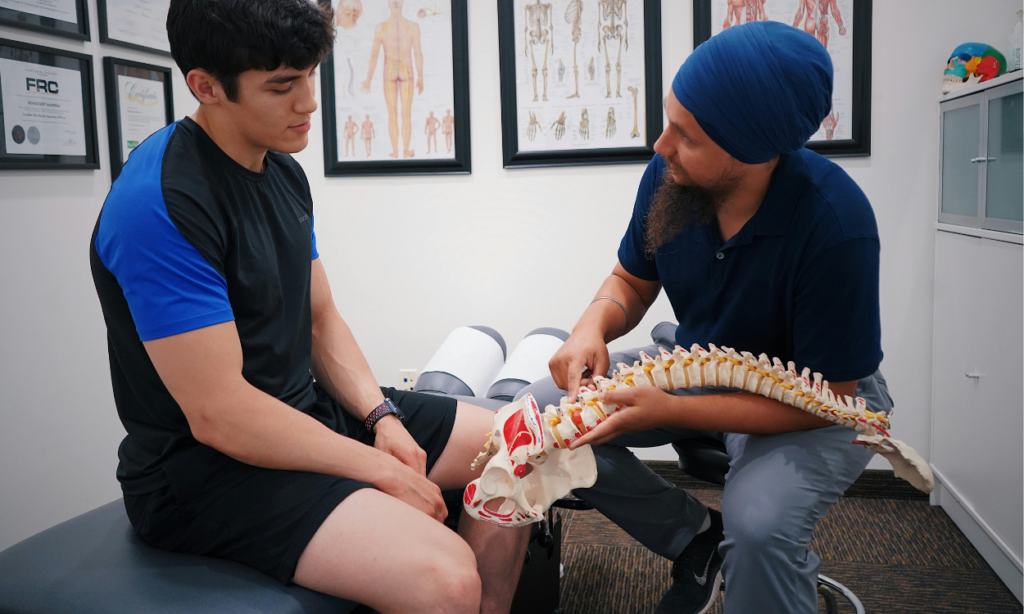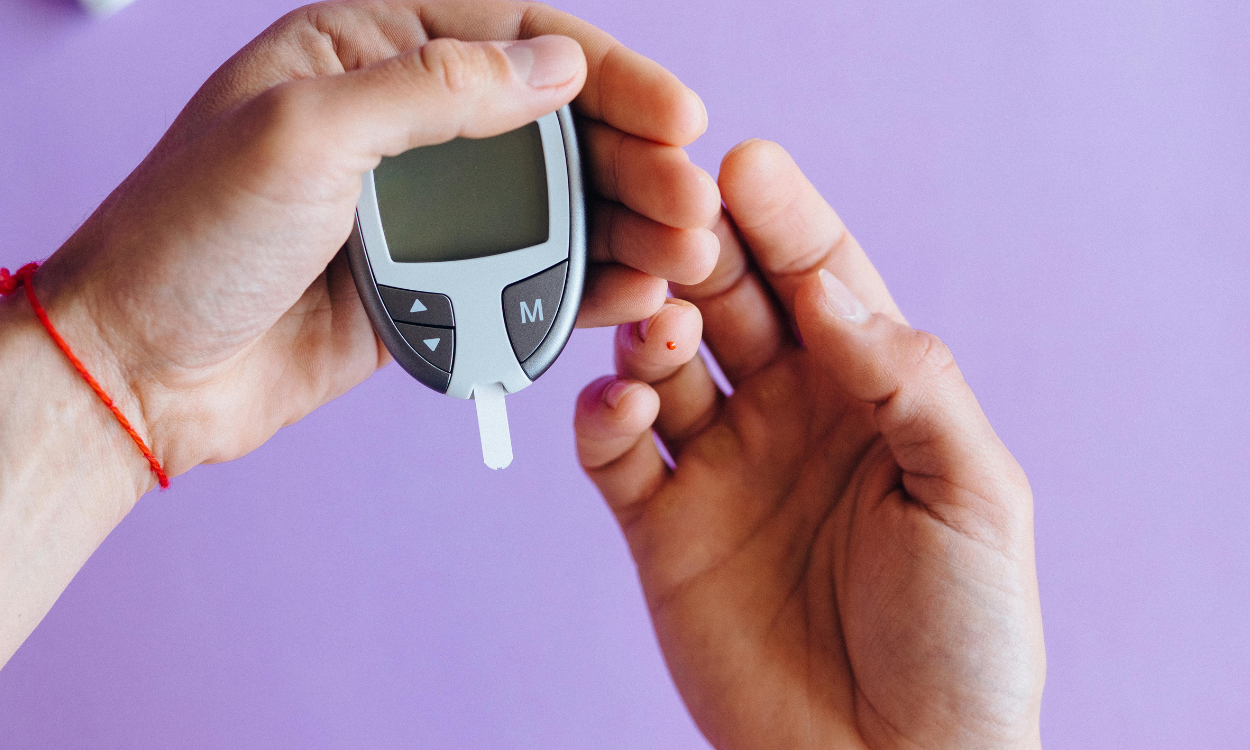Calcium Essentials: The Key to Bone Health
When it comes to maintaining a healthy body, one of the most crucial elements is calcium. Often overlooked, calcium is an essential mineral that plays a significant role in the overall health and well-being of our bodies. From supporting vital functions to being the cornerstone of strong bones, calcium is indispensable. In this article, we’ll explore why “Calcium Essentials: The Key to Bone Health” should be a fundamental part of your daily health regimen.
Table of Contents

The Importance of Calcium in the Body
Calcium is more than just a building block for bones; it is involved in many of the body’s critical processes. About 99% of the body’s calcium is stored in the bones and teeth, where it provides the structure and strength needed for everyday activities. The remaining 1% circulates in the blood, where it is crucial for muscle function, nerve transmission, and hormone secretion.
Without adequate calcium, these functions can be impaired, leading to a range of health issues. For instance, a deficiency in calcium can result in brittle bones, a condition known as osteoporosis, which increases the risk of fractures. Therefore, understanding calcium essentials is key to maintaining not just bone health but overall wellness.
The Role of Calcium in Bone Health
The phrase “Calcium Essentials: The Key to Bone Health” emphasizes the critical role that calcium plays in maintaining strong and healthy bones. From childhood through adulthood, calcium helps in building and maintaining bone density. During childhood and adolescence, calcium is needed for the rapid growth of bones. This is the time when the body is most efficient at absorbing calcium, making it a critical period for building a strong skeletal foundation.
As we age, our bones naturally lose density, a process that can be exacerbated by a lack of sufficient calcium. This is why calcium essentials become even more important as we grow older. Adequate calcium intake can slow bone loss and reduce the risk of fractures and osteoporosis.
Sources of Calcium: Food and Supplements
Understanding where to get your calcium from is just as important as knowing why you need it. The best way to meet your calcium essentials is through a well-balanced diet rich in calcium-containing foods. Dairy products like milk, cheese, and yogurt are some of the most well-known sources of calcium. For those who are lactose intolerant or prefer plant-based options, foods such as leafy green vegetables (like kale and broccoli), almonds, tofu, and fortified plant milks are excellent alternatives.
In some cases, dietary sources alone may not be enough to meet your daily calcium needs, particularly for individuals with higher requirements, such as postmenopausal women. In these situations, calcium supplements can be a helpful addition to ensure you’re meeting your calcium essentials. However, it’s always best to consult with a healthcare provider before starting any supplement regimen, as excessive calcium intake can lead to health problems like kidney stones.
The Calcium-Vitamin D Connection
While calcium is the key player in bone health, it doesn’t work alone. Vitamin D is another essential component that helps the body absorb calcium more effectively. Without sufficient vitamin D, the body cannot absorb the calcium from food, no matter how much you consume. This is why vitamin D is often mentioned alongside calcium essentials when discussing bone health.
Vitamin D can be obtained from exposure to sunlight, certain foods like fatty fish and fortified dairy products, and supplements. Ensuring that you get enough vitamin D is crucial for maximizing the benefits of calcium and maintaining strong bones.
Daily Calcium Requirements
The amount of calcium you need varies depending on age, gender, and life stage. For most adults, the recommended daily allowance (RDA) is about 1,000 mg of calcium per day. This increases to 1,200 mg per day for women over 50 and men over 70, as their risk of bone density loss increases. Meeting these calcium essentials can be achieved by consuming a variety of calcium-rich foods and, if necessary, supplements.
It’s important to note that while getting enough calcium is crucial, balance is key. Consuming too much calcium, especially from supplements, can lead to complications such as kidney stones or calcification of blood vessels. Therefore, it’s essential to aim for the recommended amount and avoid excessive intake.
Calcium Deficiency and Its Impact on Health
Failing to meet your calcium essentials can lead to a variety of health issues, primarily related to bone health. Calcium deficiency, also known as hypocalcemia, can cause weakened bones, leading to conditions like osteoporosis and rickets in children. Symptoms of calcium deficiency include muscle cramps, brittle nails, and, in severe cases, abnormal heart rhythms.
Long-term calcium deficiency can significantly impact your quality of life. Weak bones are more susceptible to fractures, which can lead to chronic pain and decreased mobility. This makes understanding and meeting your calcium essentials a vital part of preventing these potential health issues.
Calcium-Rich Diet: A Lifelong Commitment
Incorporating calcium essentials into your diet is not just a one-time effort but a lifelong commitment to health. Starting early, particularly in childhood and adolescence, can help build a strong foundation of bone health that will benefit you later in life. However, it’s never too late to start paying attention to your calcium intake. Even in older adults, improving calcium consumption can have significant benefits for bone health and overall well-being.
A diet rich in calcium essentials can be both delicious and nutritious. Including a variety of calcium-rich foods in your meals not only helps meet your daily requirements but also contributes to overall health. From a glass of milk at breakfast to a serving of leafy greens at dinner, making small changes can have a big impact on your bone health.
Conclusion
“Calcium Essentials: The Key to Bone Health” is not just a catchy phrase; it’s a crucial aspect of maintaining a healthy body throughout your life. Understanding the importance of calcium, knowing where to get it, and ensuring that you meet your daily requirements are all vital steps in preserving bone density and preventing conditions like osteoporosis.
Remember, calcium doesn’t work alone. It needs the support of other nutrients like vitamin D to be fully effective. By making informed dietary choices and considering supplementation when necessary, you can ensure that you’re meeting your calcium essentials and protecting your bone health for years to come.
4o





